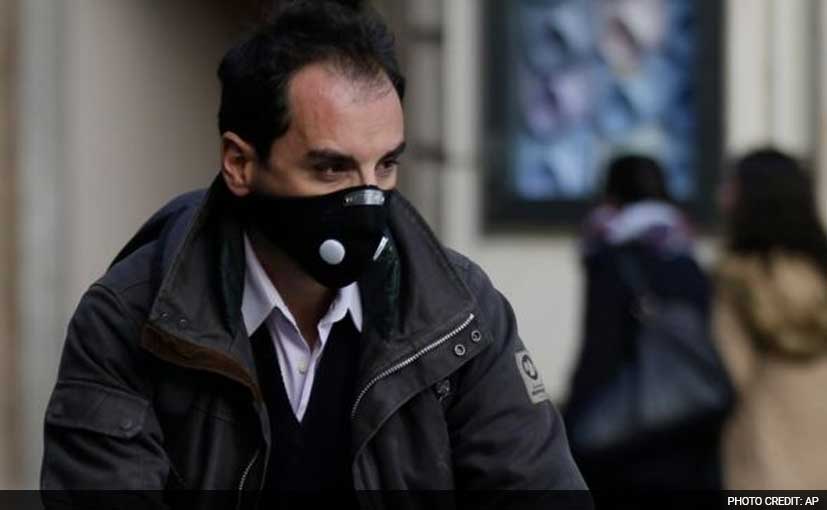Milan Follows Delhi in Curtailing Number of On-Road Vehicles

Highlights
Italy has been facing an unprecedented extended warm and dry weather spell over the last month and parts of the country have been bereft of rainfall for almost 2 months. This has had a detrimental effect on the country's air quality, particularly in land-locked areas north of the Po River Valley. As a result, already congested cities like Milan and Rome have been forced to deal with the worsening air pollution by putting measures into place that reduce the number of cars plying on roads during peak traffic hours. Besides Milan's car-ban, Italian capital Rome has for some time now, been using the same odd-even policy that will be implemented in New Delhi starting Thursday whereby cars plying on city roads will be restricted by allowing access to odd number registered vehicles on odd dates and even numbers on even dates. Hybrid and electric vehicles will be exempt from the policy. As reported by AP, vehicle emissions account for approximately 50 per cent of the pollution in Milan and 70 per cent in Rome.

Other major cities worldwide that have been experimenting with measures to reduce the number of cars on the road include Paris, Florence, and Beijing. A town outside Naples has even temporarily banned the use of wood-fire ovens to help reduce pollution. Milan's ban on cars during peak work hours has seen what is one of Europe's most polluted cities become a temporary haven for pedestrians and cyclists. The city has also launched an 'Anti-Smog' day campaign whereby commuters can buy all-day public transport tickets for a discounted rate of Euro 1.50 ($1.65). The idea of encouraging people to use public transport has been enforced in India as well with the national capital having recently unveiled 6 Wi-Fi, GPS, and CCTV enabled DTC buses as a pilot run before attempting to implement it across the entire fleet.
As for the effectiveness of the measures used to reduce pollution in congested cities, a report by Gizmodo states that tests performed by UCLA unveiled that although immensely successful during the time of implementation, the smog returns almost instantly when the ban is uplifted. Hence, the ban or limitation on the number of cars plying on roads is only a temporary cure and supercities like New Delhi and Beijing will have to find alternate and more permanent solutions to the problem if they are to improve air conditions in the long run.
Last Updated on December 29, 2015
Related Articles
Latest News
- Home
- News
- Auto Industry
- Milan Follows Delhi and Beijing in Curtailing Number of On-Road Vehicles













